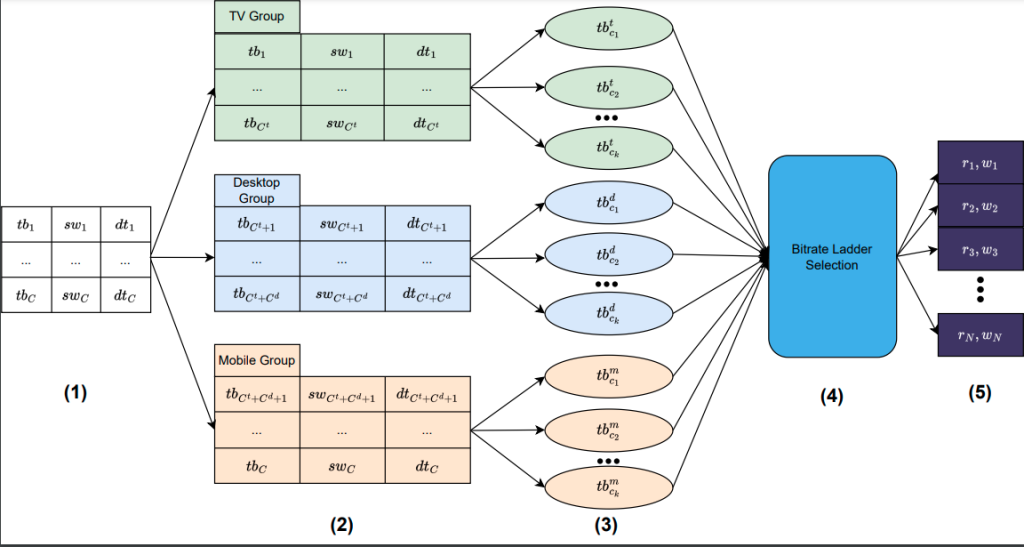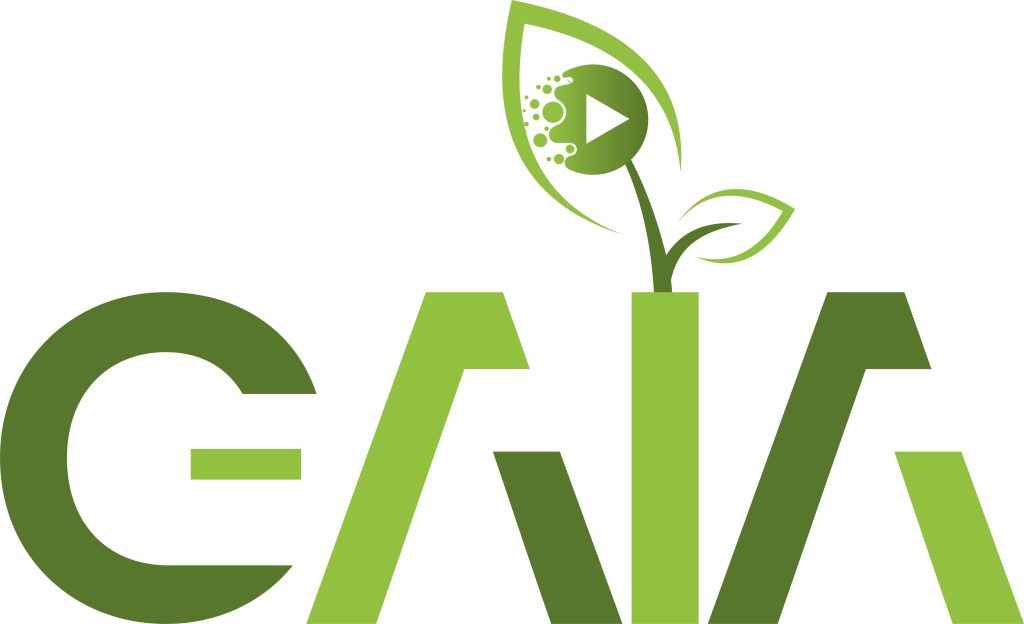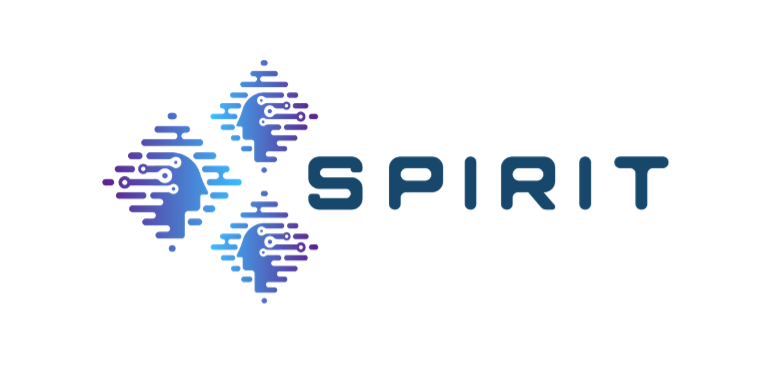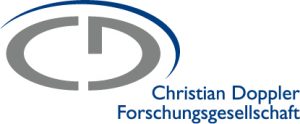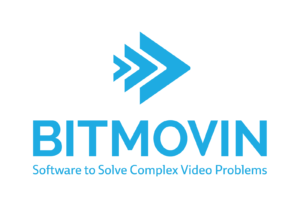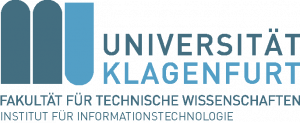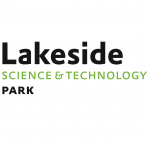2022 IEEE International Conference on Image Processing (ICIP)
October 16-19, 2022 | Bordeaux, France
[PDF][Slides][Video]
Vignesh V Menon (Alpen-Adria-Universität Klagenfurt), Hadi Amirpour (Alpen-Adria-Universität Klagenfurt), Mohammad Ghanbari (School of Computer Science and Electronic Engineering, University of Essex, Colchester, UK), and Christian Timmerer (Alpen-Adria-Universität Klagenfurt)
Abstract: In two-pass encoding, also known as multi-pass encoding, the input video content is analyzed in the first-pass to help the second-pass encoding utilize better encoding decisions and improve overall compression efficiency. In live streaming applications, a single-pass encoding scheme is mainly used to avoid the additional first-pass encoding run-time to analyze the complexity of every video content. This paper introduces an Efficient low-latency Two-Pass encoding Scheme (ETPS) for live video streaming applications. In this scheme, Discrete Cosine Transform (DCT)-energy-based low-complexity spatial and temporal features for every video segment are extracted in the first-pass to predict each target bitrate’s optimal constant rate factor (CRF) for the second-pass constrained variable bitrate (cVBR) encoding. Experimental results show that, on average, ETPS compared to a traditional two-pass average bitrate encoding scheme yields encoding time savings of 43.78% without any noticeable drop in compression efficiency. Additionally, compared to a single-pass constant bitrate (CBR) encoding, it yields bitrate savings of 10.89% and 8.60% to maintain the same PSNR and VMAF, respectively.
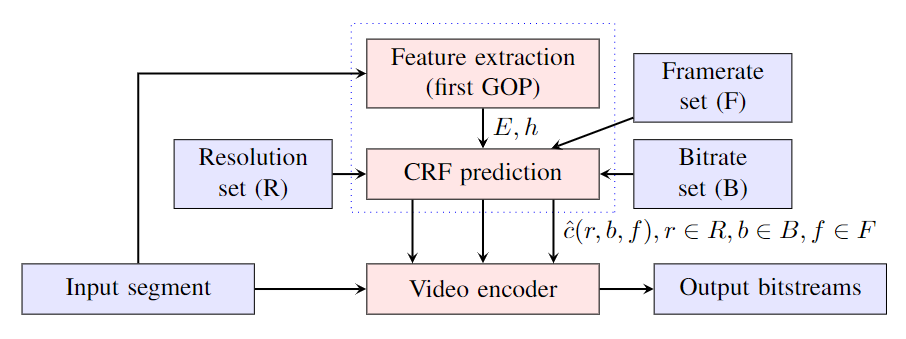
ETPS architecture

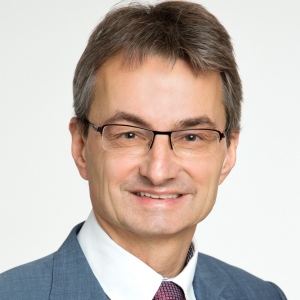
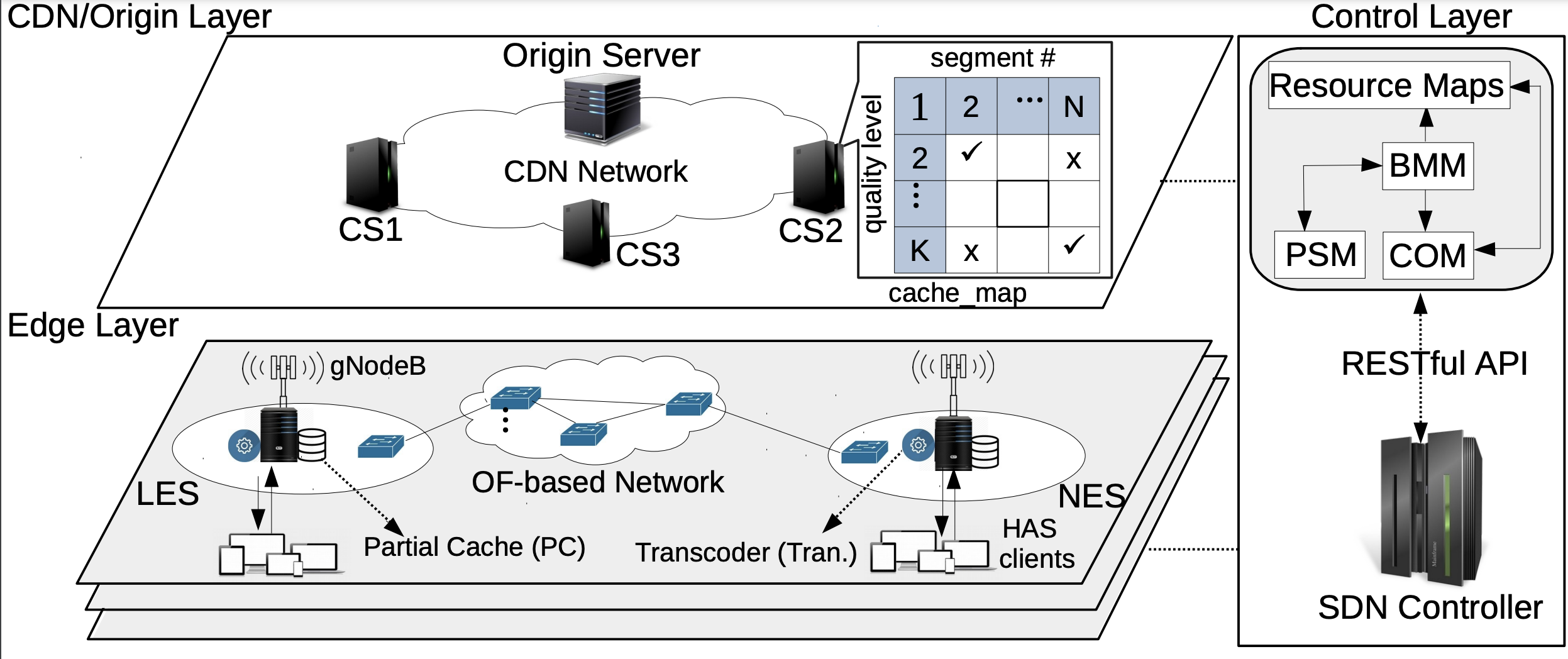
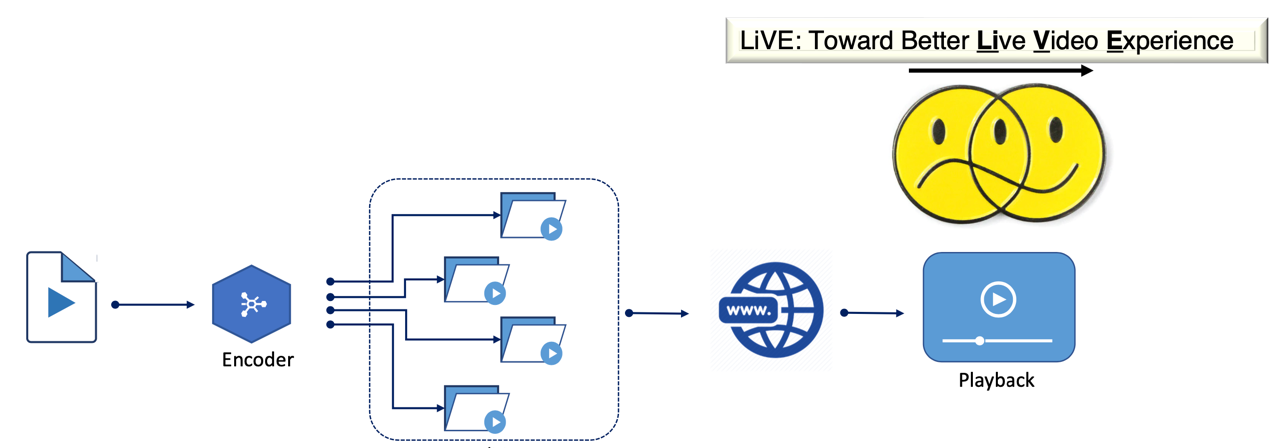
 Hadi Amirpour is a postdoctoral researcher at the University of Klagenfurt. He received his B.Sc. degrees in Electrical and Biomedical Engineering, and he pursued his M.Sc. in Electrical Engineering. He got his Ph.D. in computer science from the University of Klagenfurt in 2022. He was involved in the project EmergIMG, a Portuguese consortium on emerging imaging technologies, funded by the Portuguese funding agency and H2020. Currently, he is working on the ATHENA project in cooperation with its industry partner Bitmovin. His research interests are image processing and compression, video processing and compression, quality of assessment, emerging 3D imaging technology, and medical image analysis.
Hadi Amirpour is a postdoctoral researcher at the University of Klagenfurt. He received his B.Sc. degrees in Electrical and Biomedical Engineering, and he pursued his M.Sc. in Electrical Engineering. He got his Ph.D. in computer science from the University of Klagenfurt in 2022. He was involved in the project EmergIMG, a Portuguese consortium on emerging imaging technologies, funded by the Portuguese funding agency and H2020. Currently, he is working on the ATHENA project in cooperation with its industry partner Bitmovin. His research interests are image processing and compression, video processing and compression, quality of assessment, emerging 3D imaging technology, and medical image analysis.